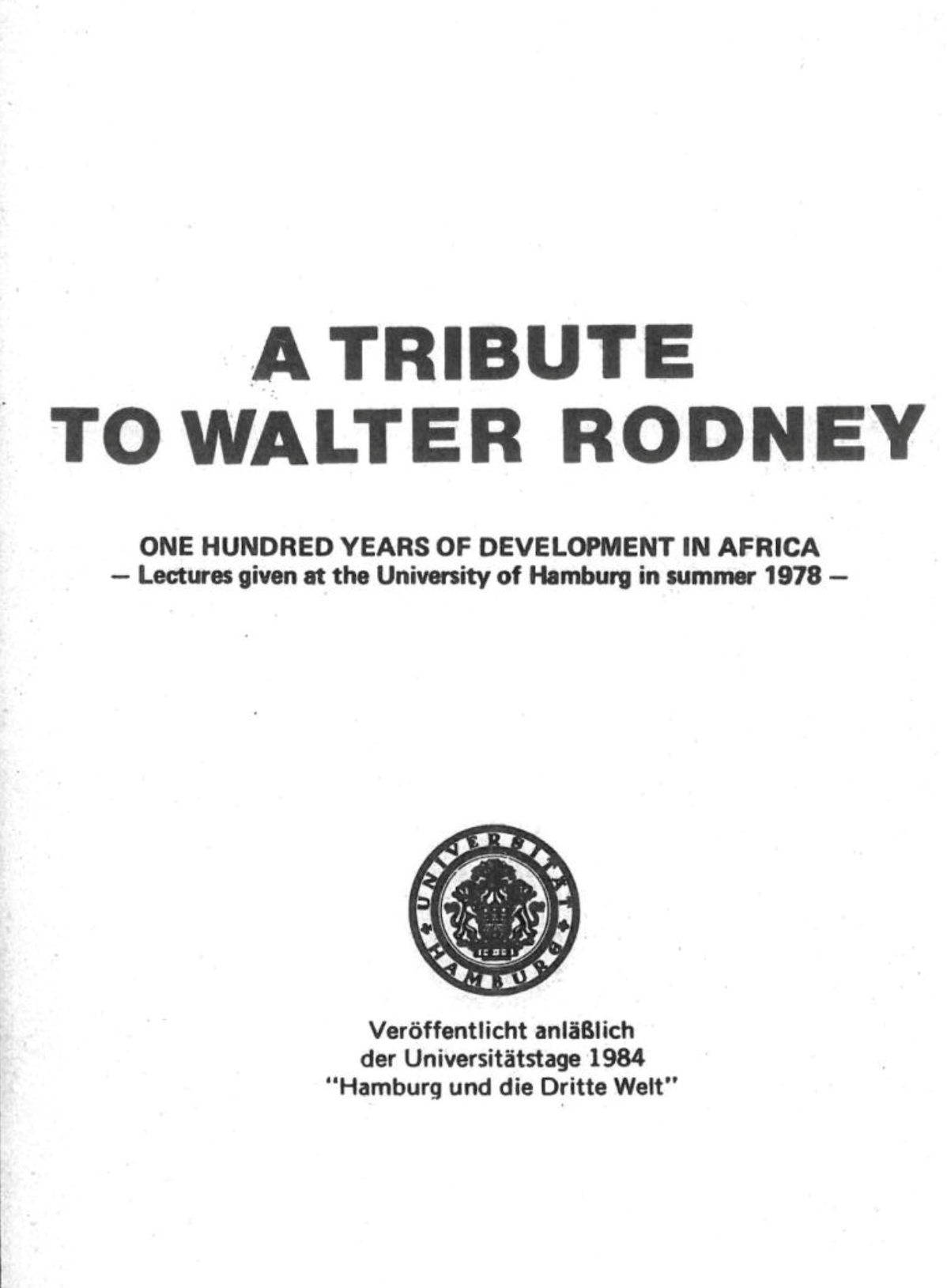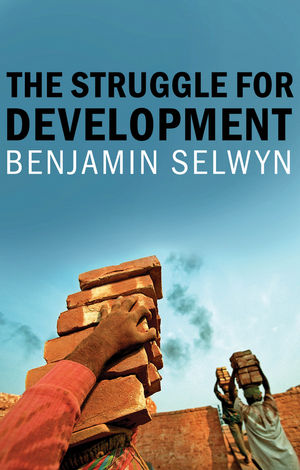
By Merisa S. Thompson and Fiorella Picchioni
The Women and Development Study Group of the Development Studies Association (DSA) recently revisited Sally Brown and Anne Marie Goetz’s 1997 Feminist Review ‘Who Needs (Sex) When You Can Have Gender? Conflicting Discourses on Gender at Beijing?’. The article examines challenges to the concept of ‘gender’ at the UN Fourth World Conference on Women in 1995, including debates on its institutionalization and depoliticization, the tendency for it to be used as a synonym for ‘women’, and the conservative backlash against the very use of the concept itself. The retrospective value of doing this showed just how relevant these questions continue to be for Gender and Development policy, practice, research and teaching today.
For example, when teaching sex and gender, critical feminist theorising can sometimes lead students to feel that Gender and Development (GAD) approaches are too instrumentalized, too much like an industry and disconnected from reality. Moreover, the positionality of working as ‘’ in larger projects, where the gender component is often seen to stand alone with little connection to other intersectional dynamics, remains an ongoing challenge. The increasing and worrying trend of an anti-woke against feminist analysis and gender equality across the globe was also a recurring theme.
We also considered how ‘gender’ as a concept is mobilised and used in food and agricultural studies specifically. In this blog, therefore, we examine what happens to the concept in food research, policy and practice, mapping out four broad trends. Firstly, the centring of the connection between gender, nutrition and mothering remains pervasive. Secondly, ‘gender equality’ is often instrumentalized as a tool to increase marketized forms of agricultural productivity. Thirdly, while a focus on gender is obviously welcome, it can in fact obscure other important axes of oppression, such as race, class, sexuality, disability and nationality. Finally, it is consequently crucial to ground research, policy and practice in historical specificity and context in order to take into account multiple underlying oppressions and structural inequalities that influence the ability of a range of different actors in the food system to participate both socially and economically.
Read More »





